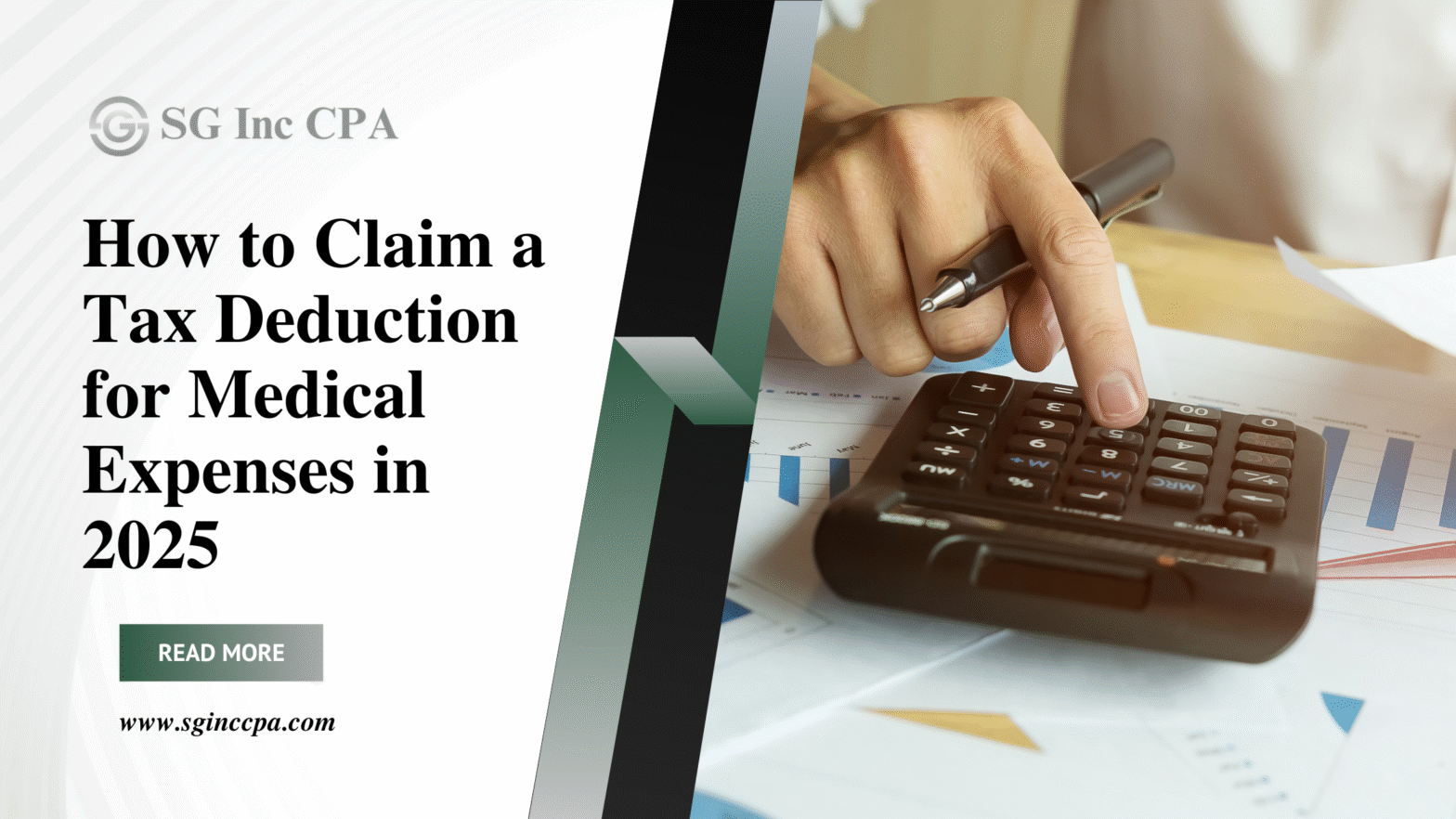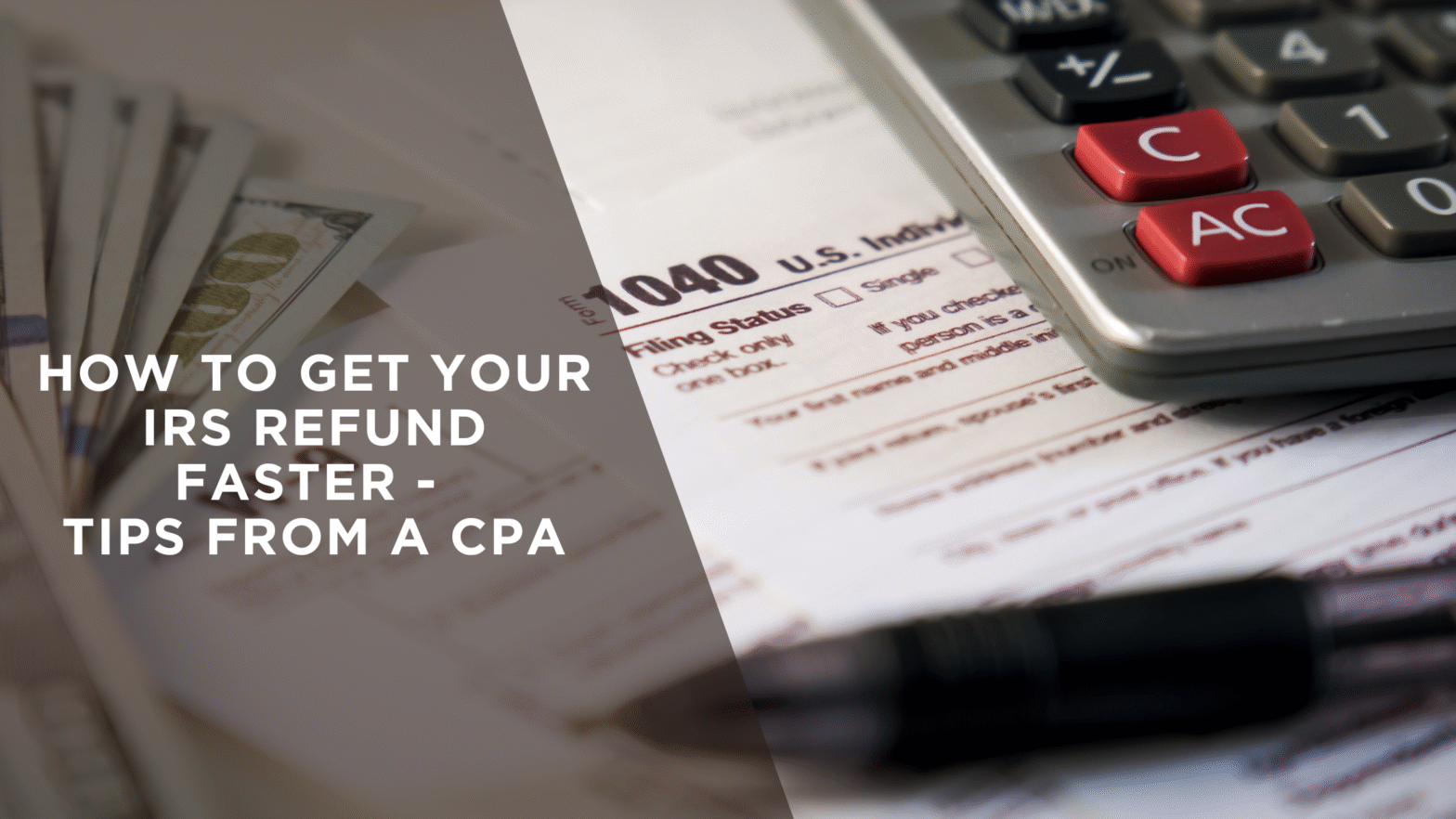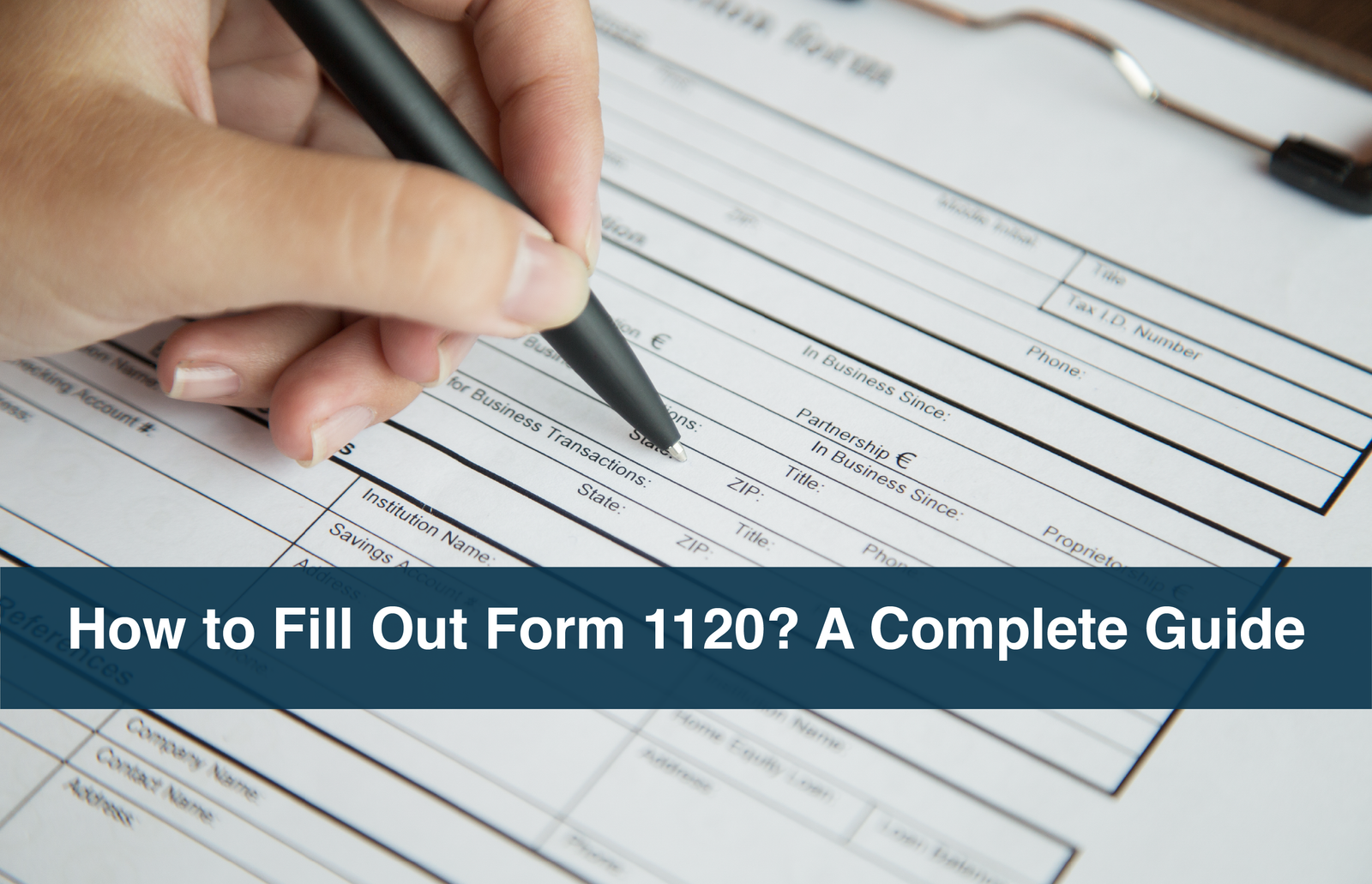Every small business owner must understand the importance of setting aside tax funds. It has many benefits, as it helps avoid financial stress at the end of the year and ensures you don’t have to face underpayment penalties. But the question is, how much should a small business put away for taxes? This blog is written to make you understand the key factors that influence taxes and give certain tips to help you stay on top of your tax duties.
Factors Influence the Exact Number of Your Taxes

Understanding Your Taxes Duties
The first step to determining how much money you need to set aside for taxes understands your tax duties or obligations. Small business owners have to pay federal income tax, state income tax, and self-employment tax. Besides this, you may need to pay business sales, excise, or other taxes depending on your industry and location.
Calculate the Estimated Taxes
To avoid underpayment penalties, you should determine how much you will owe in quarterly taxes. IRS requires you to pay your estimated quarterly taxes, mostly in January, April, June, and September. Now the question arises how to calculate your estimated taxes? For this purpose, you can use form 1040-ES or hire an expert tax preparer.
To estimate your taxes, you must consider your business income, expenses, and deductions. For example, if there is a fluctuation in your income and expenses, you should adjust your estimated tax accordingly. Additionally, you can take advantage of tax credits and deductions to reduce tax liabilities.
Determine the Tax Rate
Your filing status and taxable income determine your tax rate. For example, your federal income tax rate is 12% for single filers. However, if you are a married couple and filing tax jointly, your taxable income is around $100,000, and your federal income tax rate would be 22%. Besides this, your income tax rate will also vary depending on where you live.
Remember that along with income tax, you need to pay self-employment tax if you are a partnership or sole proprietor member. In the US, self-employment tax is currently 15.3% of your net earnings. It also covers your social security and Medicare contributions.
Tips for Keeping Funds for Taxes
Once you understand how much you owe in taxes, you should move toward the tips that help you set aside funds for taxes throughout the year.
Use Accounting Software
Accounting software like QuickBooks is the best way to collect your tax funds. It can help you track your income and expenses throughout the year. So you can estimate your taxes with this software and also set aside funds.
Open a Separate Bank Account for Taxes
To keep track of your tax obligations and keep your tax funds ready, you should open a separate bank account for this purpose. It helps you avoid using your tax funds for other purposes. Additionally, you will have enough money to pay your taxes at the end of the year.
Make Estimated Tax Payments
One of the easiest ways to avoid underpayment penalties, ensure you make your estimated tax payment on time. You can pay this amount through the IRS website as a bill filing system or by mailing a check with form 1040-ES.
Final Thoughts
For small businesses, it’s crucial to know their tax obligations and set aside funds for taxes to avoid tax penalties. Seek help from professional tax preparers for estimating your payable taxes and tax filing.
FAQs
At What Point Does A Small Business Need To File Taxes?A small business has to file taxes when its annual gross income exceeds $400. Small business also needs to file taxes when it has a net profit of $400 or more from self-employment.
Do I Have To Pay Taxes For My Small Business?As a business owner, you are responsible for paying federal income tax, state income tax, self-employment tax, and other taxes depending upon your location and industry. So, yes, you have to pay taxes for your small business.
How Much Can A Small Business Make Before Paying Taxes?Regardless of how much a small business makes, it has to pay all taxable income on time. However, there are certain factors affecting filing requirements. For example, a company with a net profit of $400 or more must file taxes. It’s better to consult a tax professional to understand your tax requirements and payable taxes.







